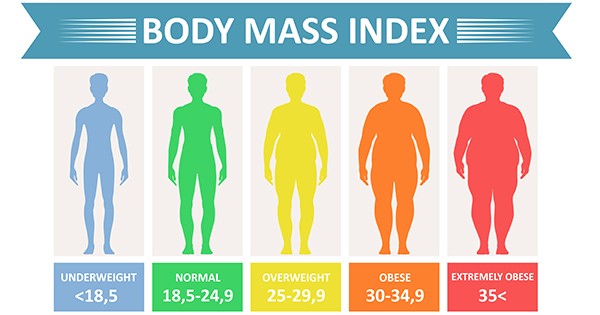Feeling perpetually colder than those around you can be frustrating and concerning. While individual temperature preferences vary, persistent coldness could indicate an underlying medical condition or lifestyle factor. This article explores various reasons why you might feel colder than others, ranging from common causes to less frequent medical conditions.
Common Reasons for Feeling Cold
Several everyday factors can contribute to feeling cold. These include:
-
Low Body Weight: Individuals with lower body mass indexes (BMI) often have less insulating fat, making them more susceptible to cold temperatures. A thin body build provides less insulation against heat loss.
-
Poor Circulation: Conditions that affect blood flow, such as Raynaud’s phenomenon, can cause extremities to feel cold, numb, or even change color in response to cold or stress. This occurs due to spasms in the small blood vessels.
-
Anemia: Iron deficiency, a common cause of anemia, can lead to feeling cold. Iron is crucial for red blood cell production, which carry oxygen throughout the body to generate heat. Low iron levels can disrupt this process.
-
Hypothyroidism: An underactive thyroid gland can slow down metabolism, resulting in reduced heat production. This condition can also cause fatigue, weight gain, and dry skin.
-
Vitamin B12 Deficiency: This vitamin plays a vital role in red blood cell formation and nerve function. A deficiency can lead to anemia and nerve damage, both contributing to coldness. Symptoms can also include fatigue, weakness, and tingling in the extremities.
-
Dehydration: Even mild dehydration can make you feel cold. Water helps regulate body temperature, and insufficient fluids can disrupt this process. Signs of dehydration include thirst, dark urine, and fatigue.
 Dehydration
Dehydration
Less Common Medical Reasons
While less frequent, certain medical conditions can also contribute to feeling cold:
- Diabetes: Poorly managed blood sugar levels can damage nerves, affecting temperature regulation and sensation, leading to feeling cold.
- Anorexia Nervosa: This eating disorder can result in extreme weight loss and nutritional deficiencies, significantly impacting body temperature regulation.
- Fibromyalgia: This chronic pain condition can cause widespread pain, fatigue, and temperature sensitivity, making individuals more susceptible to feeling cold.
Lifestyle Factors and Feeling Cold
Beyond medical conditions, lifestyle factors can also influence your perception of cold:
- Lack of Sleep: Sleep deprivation can disrupt hormone levels, affecting metabolism and body temperature regulation.
- Smoking: Nicotine constricts blood vessels, reducing blood flow to the extremities and making them feel colder.
- Medications: Certain medications, such as beta-blockers and some antidepressants, can have side effects that impact body temperature.
- Age: Older adults tend to have lower body temperatures and are more sensitive to cold due to age-related changes in metabolism and circulation.
When to Seek Medical Attention
While feeling cold occasionally is normal, consult a doctor if you experience:
- Persistent and unexplained coldness
- Coldness accompanied by other symptoms like fatigue, weight loss, or numbness
- Sudden changes in temperature sensitivity
- Cold extremities that change color
Conclusion
Feeling colder than others can stem from various factors, ranging from simple lifestyle habits to underlying medical conditions. By understanding these potential causes, you can take steps to address the issue and improve your comfort. If your coldness is persistent or concerning, consulting a healthcare professional is crucial for proper diagnosis and treatment. They can evaluate your symptoms, conduct necessary tests, and determine the underlying cause of your coldness.